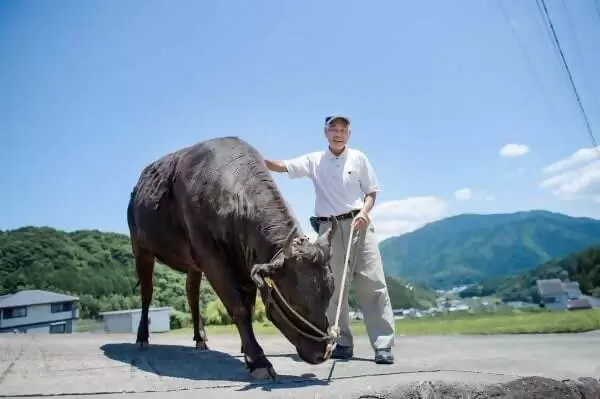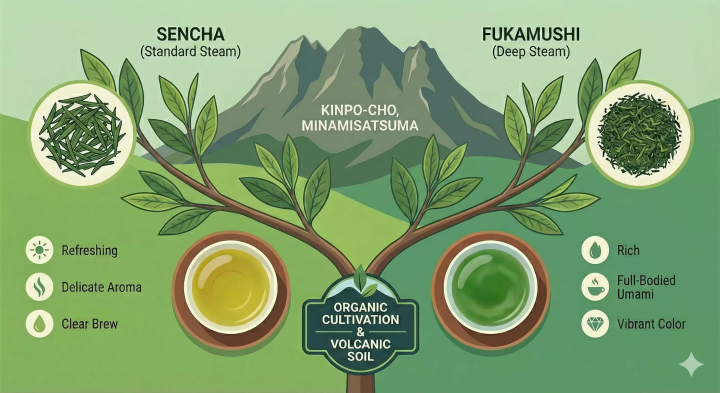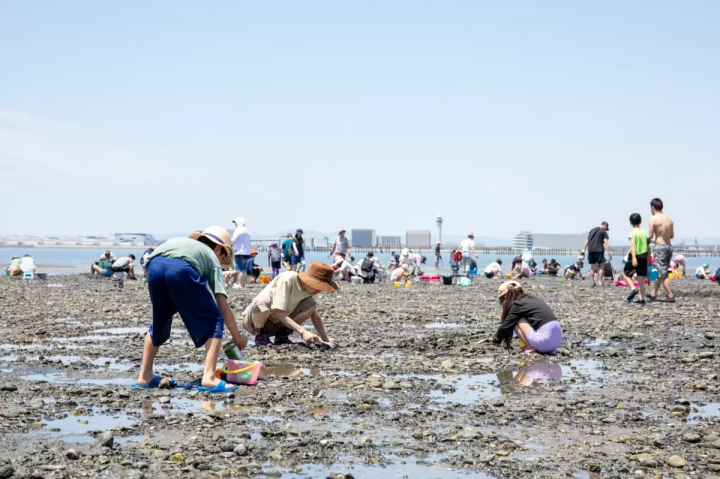Phrases You Can Use When Dining In Japan (Audio Version Included)

We introduce some Japanese phrases which can be used in various situations when dining at a restaurant or at your friends' house. Listen to their pronunciation and try use them!
Either you go dining out, tasting the Japanese cuisine in its full variety, or you eat at your host’s or Japanese friends’ house, there are some Japanese phrases you should remember if you want to make a good impression. More than just words, some of these phrases are deeply connected to the Japanese standards of etiquette, and knowing them shows consideration for the culture of the country you are visiting.
If you want to boost your Japanese language skills through online or in-person lessons, consider applying for a course at Tokyo Central Japanese Language School (TCJ).

Click on the voucher above to find a promo code that allows you to get a discount on learning materials at TCJ! The discounts range between 5,000 yen and 20,000 yen depending on the course you're applying for.
Before Starting To Eat
Probably the most important phrase one should know and use before starting to eat is the following:
Itadakimasu. (the phrase you say before starting to eat)
Said right at the timing when the French would say “Bon apettite!”, it is a short expression of gratitude for the food you have before your eyes. In the Japanese culture gratitude comes first in every situation when there is a giver and a receiver. You will of course have the chance to express your gratitude after you finish eating also.
At The Restaurant
When you want to place an order, you call the restaurant staff using:
Sumimasen. "Excuse me."
When you already know what you want to have, you can use the following phrase to order.
[desired dish] ga tabetai desu. "I want to eat [desired dish]."
You can also use the simpler phrase "[name of dish/beverage] kudasai", which means “Please give me [name of dish/beverage]” and works both for food and drinks.
Be careful just not to go to a sushi restaurant and ask for ramen, or in a restaurant specialized in Western cuisine and ask for sushi. Dining places in Japan tend to be specialized in one type of cuisine. The Japanese take pride in being experts in one area and in bringing their expertise to the highest peaks. The reason why ramen tastes so good is that the chefs at the ramen shops prepare only ramen.
If you are not yet sure or have trouble choosing a dish from the menu, you can ask the restaurant staff or your Japanese companions for recommendations (“osusume”).
Osusume wa nan desu ka? "What do you recommend?"
The next thing you will probably want to ask is:
Ikura desu ka? "How much does it cost?"
After deciding upon a dish and telling the staff what you wish to eat, finish by adding:
Onegai shimasu. "Please."
Arigatō gozaimasu. "Thank you."
If you are particularly impressed by the responsiveness of the staff, you can also add “Arigatō gozaimasu. “("Thank you."), a phrase that comes in handy anytime.
Expressing Preferences
If there are things that you cannot eat for particular dietary reasons and want to make sure whether your order contains them or not, you can ask using the following phrase:
[...] wa haitteimasu ka? "Does it contain [...]?"
Here is short list with the Japanese words for some ingredients you might be concerned about:
niku "meat"
miruku "milk"
yasai "vegetables"
shio "salt"
satō "sugar"
You will get one of the following answers to your inquiry:
Hai, haitteimasu. "Yes. It contains [...]."
Iie, haitteimasen. "No, it doesn't contain [...]."
In case you want one of the ingredients removed from your dish, there is a way to ask that:
[...] wo nuitekudasai. "Please take out the [...]"
“Shio wo nuite kudasai” („Please take out/don’t put salt in the dish“) is quite often used.
Omizu kudasai. "Please give me some water."
Fōku to spūn kudasai. "Please give me a fork and a spoon."
You can use “[object] kudasai” in almost every situation you need something. It goes both for food and beverages, as well as for other objects, such as table ware or the menu chart.
When Eating
Oishii desu. "It's delicious."
Everybody would want to hear you say this phrase, be it your host or the restaurant staff. When you’ve finished eating, the same phrase becomes “Oishikatta desu.” (“It was delicious.”)
Kanpai! "Cheers!"
If you eat out with friends you will most surely need to say “Kanpai!” when everybody raises their glasses.
While dining you might need the following phrase also, just in case:
Toire wa doko desu ka? "Where is the toilet?"
You can use "[...] wa doko desu ka?", meaning "where is the [...]?" whenever you are looking for a place.
When You Finish Eating
Gochisōsama deshita. "Thank you!"
When you finish eating please express your gratitude by using “gochisōsama deshita.” It is another way of saying that the food was delicious and that you were satisfied with the service.
Even if you remember only one word in Japanese, let it be an expression of gratitude. If you realize how important it is to express gratitude in Japan, you will already be one step closer to understanding the essence of Japanese culture and will able to say that the purpose of your trip has been fulfilled.
This account is managed by MATCHA. We aim to provide useful information to our readers in an enjoyable manner.































![[Kagoshima] Overcoming 12 Years of Hardship: Walking through Minamisatsuma City, the sacred land where the monk Ganjin landed](https://resources.matcha-jp.com/resize/720x2000/2026/02/21-259481.webp)



